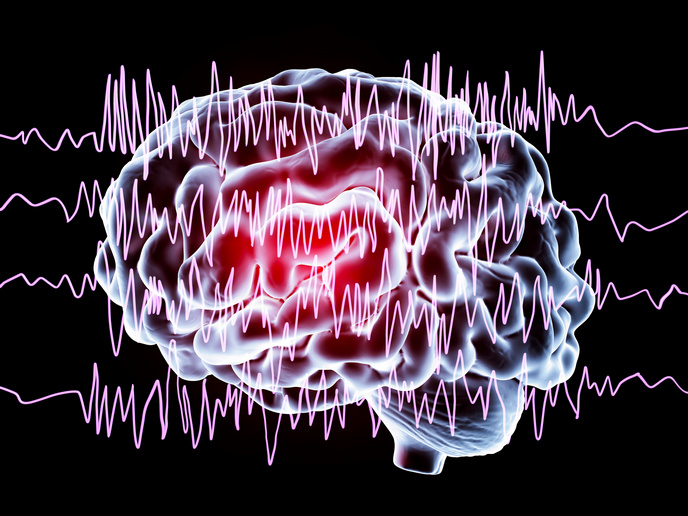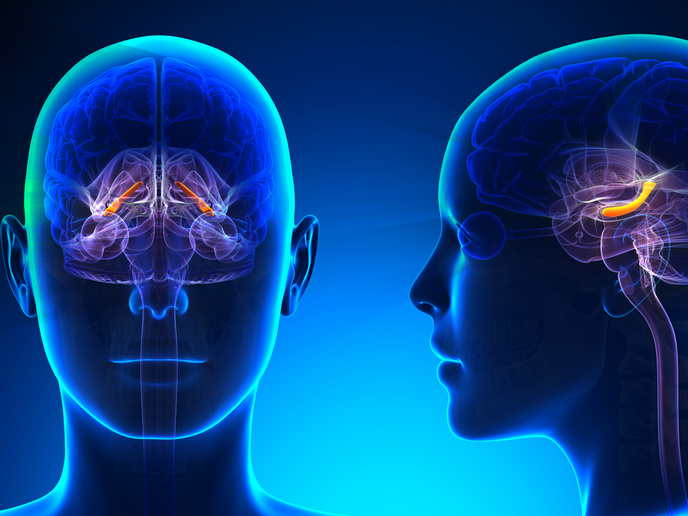Brain plasticity in fruit flies
Neurotrophins are an important group of proteins that control changes in the brain in response to experience — a process known as plasticity. Scientists recently discovered that fruit flies (Drosophila melanogaster) have these neurotrophins, in contrast to their previous understanding; but still very little is known about them. The EU-funded 'Molding the brain: Drosophila neurotrophins in brain plasticity and neurodegeneration' (NPN) project aimed to investigate whether Drosophila neurotrophins (DNTs) play a similar role in brain plasticity to that of mammalian neurotrophins. Several different methods of identifying DNTs and DNT receptors in the brains of living flies were used, all of which showed some measure of success. These investigations allowed researchers to map the distributions of several different DNTs and their receptors in fine detail. Researchers raised several fly mutants (defective for certain DNT genes) in conditions of constant darkness or light, to study how DNTs influenced brain plasticity. The project was extended to complete the analysis of these experiments. Lastly, NPN provided the first in vivo evidence that DNT receptors could physically bind to DNTs in living flies. These advances could allow scientists to study human brain plasticity by using the Drosophila fruit fly as a model.







